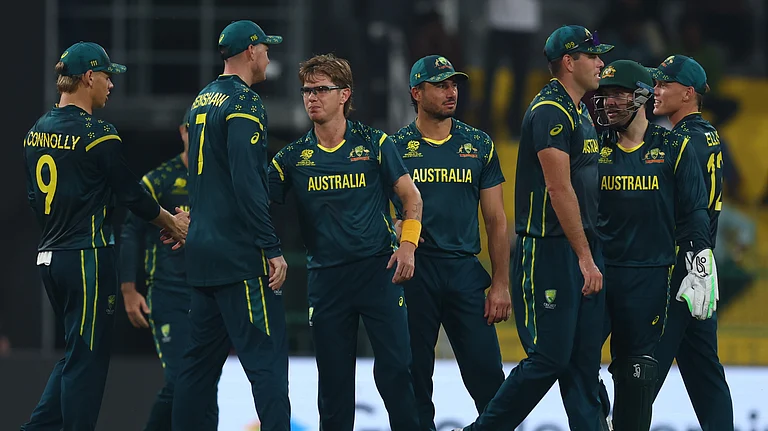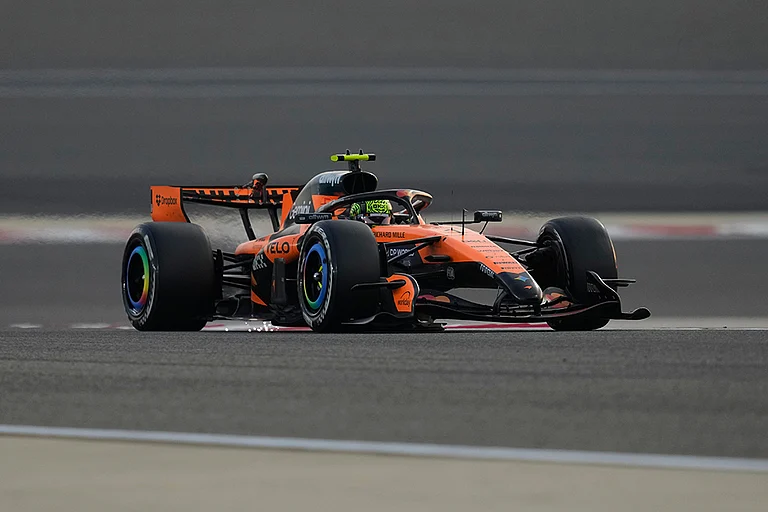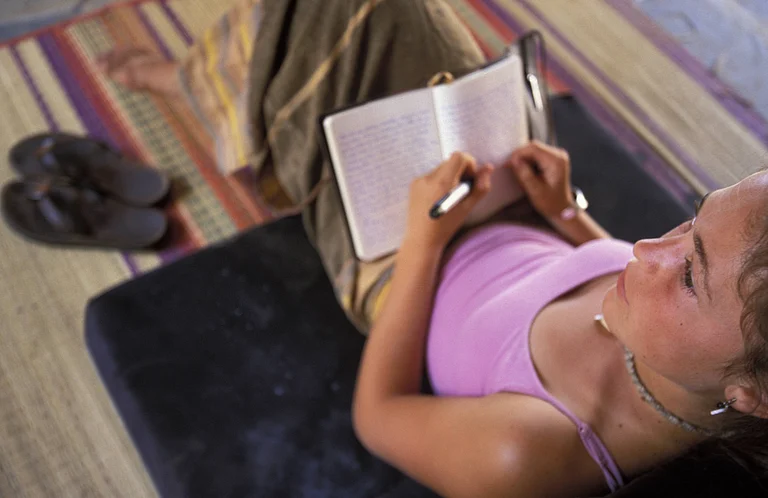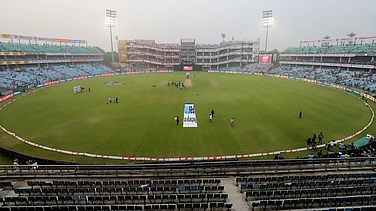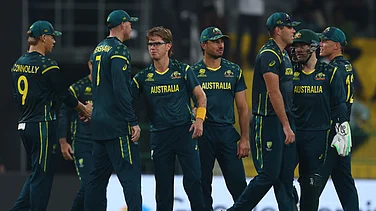European and world soccer champion Chelsea was among the assets of Roman Abramovich frozen by the British government on Thursday after he was sanctioned for his close relationship with Russian President Vladimir Putin. (More Football News)
Team activities from selling new tickets to signing players were instantly restricted. The merchandise store at the Stamford Bridge stadium in west London was rapidly closed with a sign on the doors telling supporters it was "due to the latest government announcement."
The unprecedented government measures placed on an English Premier League team mean Chelsea can operate only under a special "Russia Regulations" license through May 31 that stymies Abramovich's rapid plan to sell the club. However, Chelsea is allowed to keep playing, with a game at Norwich on Thursday night.
Chelsea said it will be “seeking permission for the license to be amended in order to allow the club to operate as normal as possible.” The Premier League said it was working with Chelsea and authorities “to ensure the season will proceed as planned and in line with the government’s intention.”
Chelsea was put up for sale only last week as calls for the owner to be sanctioned grew over his close links to Putin's regime, with Abramovich saying the proceeds would go to a foundation started by him for the victims of the war.
The government called Abramovich a "pro-Kremlin oligarch" who is worth more than 9 billion pounds ($12 billion), and should be punished due to his association with Putin. Abramovich was also linked with "destabilizing ... undermining and threatening" Ukraine.
Abramovich, whose fortune was made in oil and aluminium during the chaotic years that followed the collapse of the Soviet Union in 1991, has not condemned Russia's invasion of its neighbor in two statements since the war began two weeks ago.
The British government said Abramovich has obtained financial benefits from Putin's administration, including contracts in the buildup to Russia hosting the 2018 World Cup.
The ripples are being felt at Chelsea, the club Abramovich has pumped more than $2 billion into over 19 years, transforming the team into a force in European football.
Anyone with tickets until the end of the season in May can keep on going to matches but no new tickets can be purchased, which impacts the ability of any away fans to go to Stamford Bridge. The club also has to stop selling merchandise at its shop.
Staff, including players, can continue to be paid. The club's wage bill was almost 28 million pounds ($37 million) a month in the most recent accounts.
The club has been effectively placed under a transfer ban since it cannot spend on registering new players, while there are doubts over the ability to offer new contracts.
Only 500,000 pounds ($657,000) can be spent on staging each match at Stamford Bridge, including on security and catering. A maximum of 20,000 pounds can be spent on travel to matches. Chelsea plays in France at Lille in the Champions League next week.
The sponsor of Chelsea’s jerseys, telecommunications confirm Three, said it was in “discussions” with the club.
"We are reviewing our position,” Three said.
Chelsea completed the set of major trophies under Abramovich by winning the Club World Cup last month, joining two Champions League titles and five Premier Leagues under his ownership.
Abramovich was among seven wealthy Russians who had their assets frozen under British sanctions on Thursday as Boris Johnson’s administration deployed financial measures to put pressure on Putin while Britain is not getting militarily involved in the war.
These sanctions are about “depriving Abramovich of benefiting from his ownership of the club,” Culture Secretary Nadine Dorries tweeted.
"I know this brings some uncertainty, but the Government will work with the league & clubs to keep football being played while ensuring sanctions hit those intended. Football clubs are cultural assets and the bedrock of our communities. We’re committed to protecting them.”
Abramovich, who is now banned from entering Britain, has not had a British visa since 2018 when he withdraw his renewal application amid a clampdown on rich Russians in the aftermath of the poisonings of Russian former spy Sergei Skripal and his daughter in the English city of Salisbury. Britain blamed Russia for the pair’s exposure to a nerve agent, an allegation Moscow denied.







